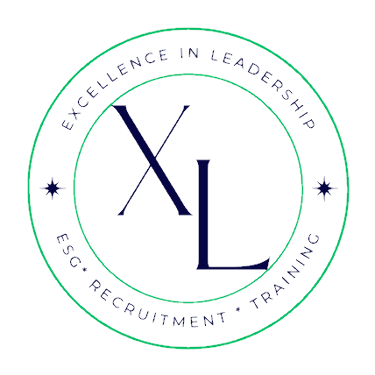Get Your Free ESG Revenue Audit
10 Sustainability Terms for Business
We explain 10 commonly used sustainability terms for business
L Joseph
7/15/20242 min read


As businesses around the world strive to become more environmentally responsible, certain sustainability terms have become crucial for understanding and implementing sustainable business practices. Below are 10 relevant terms, explained in simple language that applies to businesses.
1. Corporate Social Responsibility (CSR)
- What it means: The idea that businesses have a responsibility to contribute positively to society, beyond just making a profit.
- Example: A company donating part of its profits to environmental causes or improving working conditions for employees as part of their ethical responsibility.
2. Environmental, Social, and Governance (ESG)
- What it means: A set of standards for a company's operations that investors use to evaluate how sustainable or ethical the company is.
- Example: Investors look at how a company impacts the environment, how it treats employees and communities (social), and how well it is managed (governance).
3. Net Zero
- What it means: A company achieving a balance between the amount of greenhouse gas emissions it produces and the amount it removes from the atmosphere.
- Example: A business might invest in renewable energy sources and carbon offset projects to reduce its carbon footprint to zero.
4. Circular Economy
- What it means: An economic system where products and materials are reused, recycled, or repurposed, minimising waste.
- Example: Instead of throwing away old products, a company redesigns or refurbishes them to create new products, reducing overall waste.
5. Sustainable Supply Chain
- What it means: Managing the sourcing of materials, production, and distribution of goods in a way that minimises environmental impact and promotes fair labour practices.
- Example: A business ensures that its suppliers follow environmental laws and ethical labour standards, like paying fair wages and using eco-friendly materials.
6. Greenwashing
- What it means: When a company claims to be environmentally friendly or sustainable, but its actions don’t match its claims.
- Example: A business promoting itself as “green” by using recyclable packaging but still engaging in highly polluting manufacturing processes.
7. Sustainability Reporting
- What it means: The process of businesses disclosing information about their environmental and social impacts.
- Example: Companies publishing annual sustainability reports that detail their carbon emissions, water usage, waste management, and progress on social issues like diversity and inclusion.
8. Carbon Offsetting
- What it means: Compensating for the carbon emissions a company produces by investing in projects that reduce carbon elsewhere, like planting trees or investing in renewable energy.
- Example: If a company can’t avoid all emissions, it might buy carbon credits to fund forest restoration or clean energy projects.
9. Biodiversity
- What it means: The variety of life in the world or in a specific ecosystem, which businesses can impact positively or negatively through their operations.
- Example: A business can preserve biodiversity by choosing sustainable agriculture practices that don’t harm wildlife or ecosystems.
10. Triple Bottom Line
- What it means: A business strategy that includes three key performance areas: People, Planet, and Profit.
- Example: A company that measures success not just by financial performance, but also by how it benefits society (people) and the environment (planet).
Why These Terms Matter to Business:
Incorporating these sustainability concepts helps businesses not only comply with growing regulations but also improve their reputation, gain investor confidence, and secure a competitive advantage. Moreover, aligning with sustainability principles often leads to cost savings (e.g., energy efficiency), employee satisfaction, and a positive impact on the planet, all of which contribute to long-term business success.
Understanding and integrating these sustainability terms into business practices ensures that companies remain competitive and responsible in a world that increasingly prioritises sustainability.
10 Sustainability Terms for Business
Contacts
info@xlhorizon.com
+44 (0)203 879 0925
20-22 Wenlock Rd
London N1 7GU
